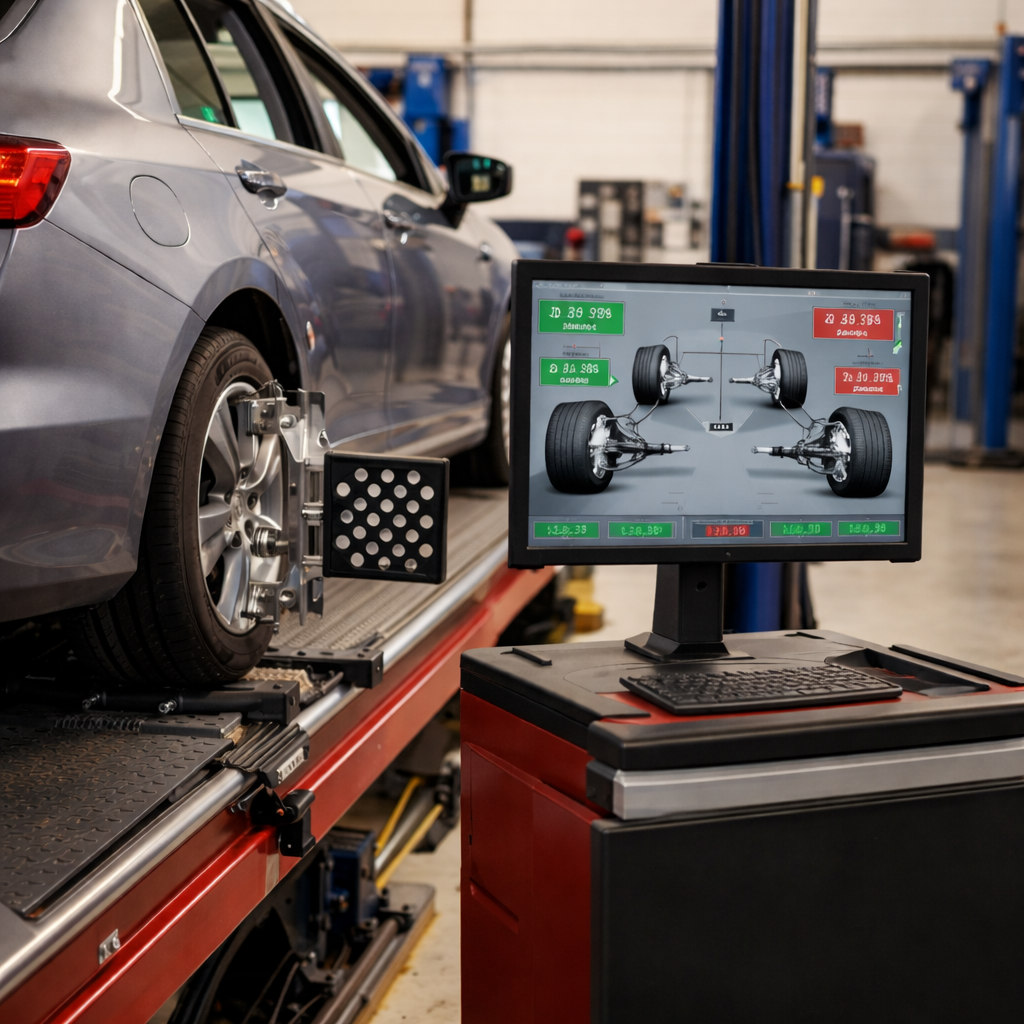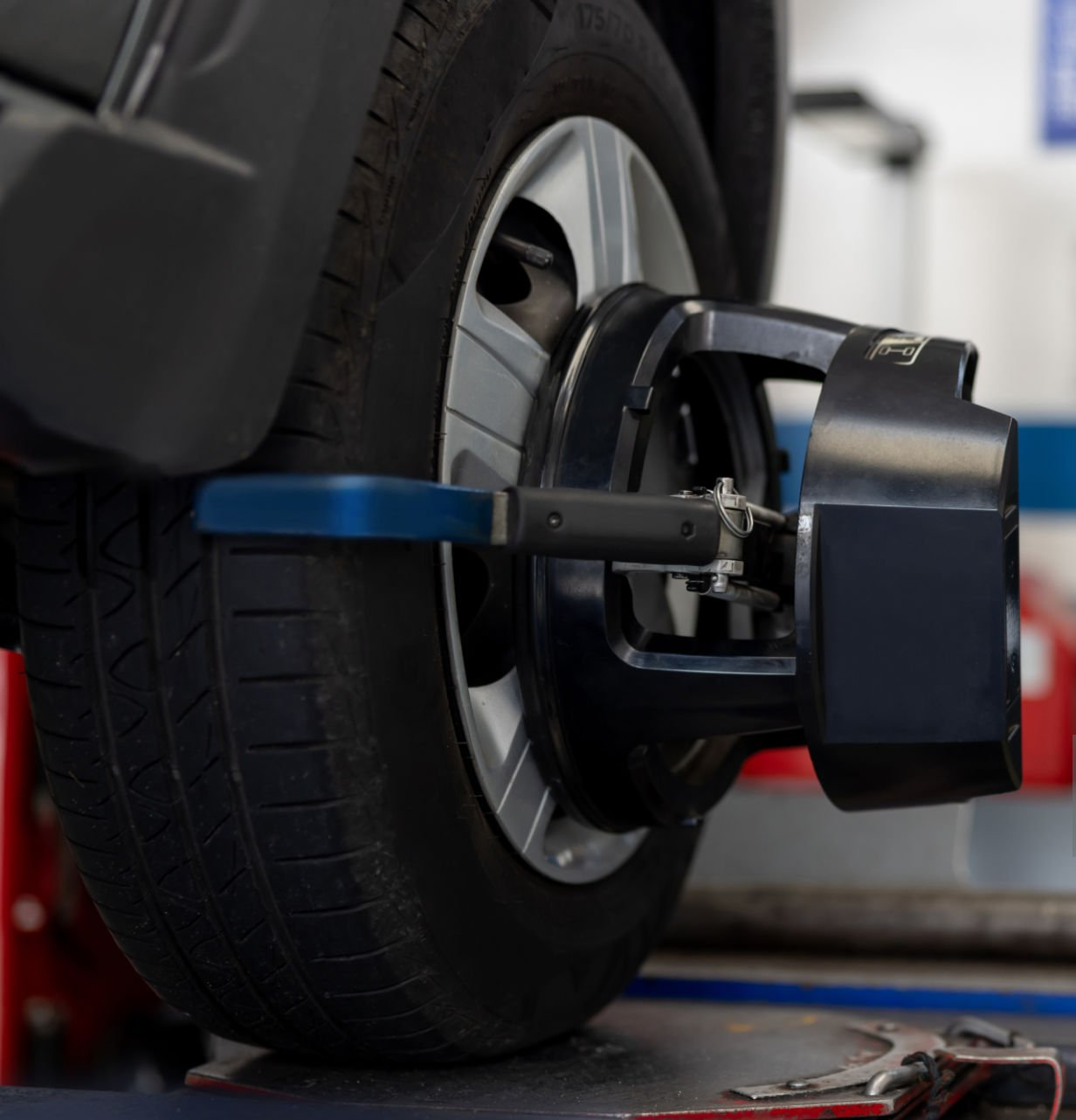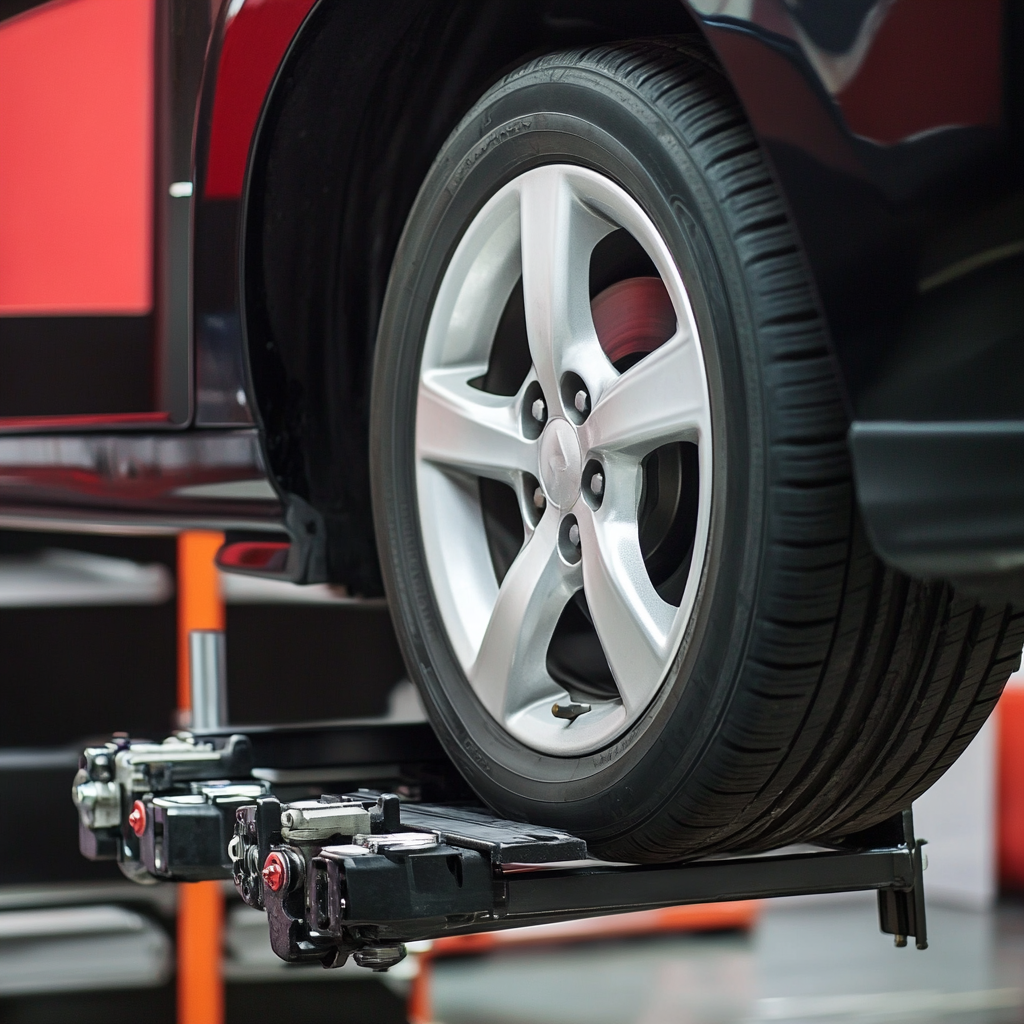Brakes are not something you think about every day, despite being a vital safety feature in your vehicle. Your brakes are something that should always be in top working condition. Unfortunately, because the system works through friction, it will eventually wear out. When something does break down or go wrong, you need to be on top of it. The following symptoms will let you know when it is time for brake repair:
- Screeching Sound
The most common sign of break wear is noise. And the most common noise is screeching. Brake pads accumulate dirt and dust. If the substance builds up too much it may cause squealing. This sound also occurs when brake pads wear down all the way to the backing plate. When the plate scrapes against the rotor it produces a screeching because of metal-on-metal contact. This acts as an indicator, and should alert you that brakes need repair or replacement.
- Clicking or Grinding Noise
Another common sound is grinding or clicking. These are both bad news, and usually mean more than just the brake pads need to be replaced. A growling or grinding sound most often comes from the brake caliper and the brake disc rubbing together. The brake pad has worn down completely and is damaging the rotor. The technician will need not only replace the brake pads, but maybe turn the rotors or replace those as well.
- Pads Appear Thin
You can also look at your brakes for visual cues. Look through the spokes on your wheel to see if you need new brake pads. The outside pad should be visible, as should the material that presses against the rotor. If the pad is less than ¼ inch thick, then it is too thin. You need to replace the brake pads as soon as possible.
- See Grooves in the Rotor
While looking at the pads you can also check the rotors. It will take a more trained eye, but if the pads wear down too far they will leave deep grooves. These score marks look similar to those on a vinyl record.
- Pulsating
Ever pressed down on the brake and felt a vibrating, pulsating sensation in the pedal? This is often a sign that you need new brake pads. The brake pads press on the rotors to cause friction and slow your car down. Vibrations are caused by wear on the pads, or warping due to excessive heat. In some cases the technician can “re-machine” the pads. This smooths the surface. However, you will more than likely need new brake pads.
- Vehicle Pulls to One Side
Does your car pull to one side or the other while you brake? This is a sign that the pads or linings are wearing unevenly. You could need an adjustment, or you might have to have to drain and replace the brake fluid.
- Fading
The other thing you might notice is a soft brake pedal, or reduced responsiveness. The entire brake system is built to respond instantly, with the same amount of force as what you apply to the pedal. If the pedal feels spongey, you might have a leak in the brake fluid. You might also notice a puddle forming under your vehicle like oil, but not as slimy. Get your car in for a brake repair right away.
Any of these signs, or a combination of them, mean bad news for your brakes. The good news is you can bring your car in to Schafer’s Auto Center in Philadelphia, PA for honest andbest auto repair shop in Philadelphia. We will check your brakes, perform the necessary repairs, and get you back on the road in no time. Call today at 215-755-1270 or bring your car to 1924 S. Columbus Blvd., Philadelphia, PA 19148. Find us on the web to learn more about us!



